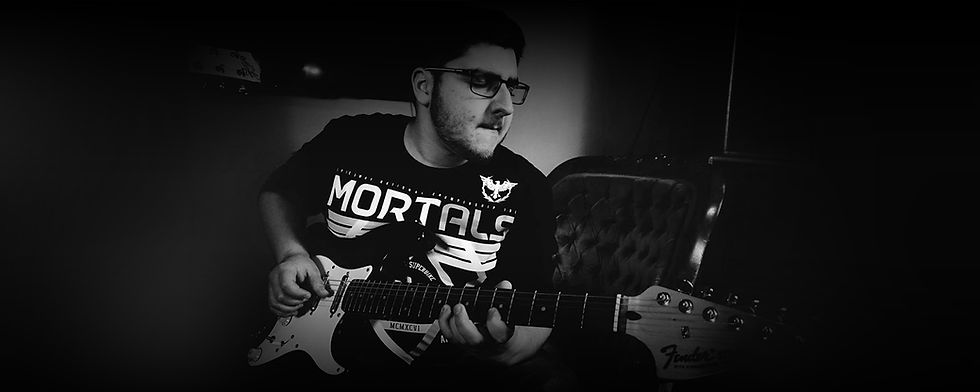I’ve never told anyone this. But I suffer from terrible stage fright. True. You can’t tell though, can you? Unbelievable, the panic. I nearly die of fear before I go on stage. Something wicked. I can’t eat a thing the day before a gig. It’d make me vomit. ?~John Lydon (Johnny Rotten of The Sex Pistols)
If one of the most punk rock performers of the 20th century is so affected by stage fright, it’s probably a good bet that you will experience this awful phenomenon at some point in your performance career too. Brian Wilson of The Beach Boys describes stage fright as “absolute living hell”, that he has suffered at “every single concert [he’d] done” and seasoned performer Stevie Nicks says, “it never goes away”, so is there hope for any of us?
What exactly is stage fright? Why do we get it? And can it be overcome? You might be familiar with the terminology “fight or flight”, a type of physical response the body undergoes when in a particularly stressful situation. Typically it includes symptoms such as shaking, dry mouth, nausea, trembling hands, legs, knees, sweating, and of course that racing pulse and rapid shallow breathing. The adrenalin courses through your veins and you can even have trouble seeing straight. All those symptoms can be part of stage fright, because lets face it, putting yourself out there can be stressful. Opening your performance up to public scrutiny and the inevitable possibility of negative feedback can make you feel worried, anxious and searching for an escape.
Overcoming stage fright There are some strategies proven to reduce or even eliminate stage fright. It helps to realize the cause of anxiety is often rooted in a sense of fear of not being good enough. Addressing this common fear in your daily life can go a long way to reducing stage fright. It can help to remind yourself that you don’t need to be perfect, and that nobody is perfect.
Other methods of reducing stage fright include reminding yourself that it will be over soon and that often stage fright goes away once you get into your performance. Shifting the focus from what could go wrong into a visualization of your success can help immensely. Explore creative visualization techniques and try guided meditations to control your anxiety.
Shift the focus from yourself onto the crowd and their enjoyment of your performance. Audiences are much more forgiving on us than we are on ourselves, and very often those ‘glaring mistakes’ we notice are not even a blip for the audience. And even if you do make generic zithromax some error such as forgetting lyrics or chords or whatever, an attitude of ‘oh well!’ accompanied by a smile can do wonders to smooth the moment over. Just keep playing! Other areas to consider before heading onstage to perform are to avoid stimulants such as caffeine or energy drinks and limit sugary drinks. Try to eat at least an hour before your performance, a healthy meal if you can manage it.
In the moments before you go onstage try jumping up and down to disperse nervous energy throughout your body, shake your hands and arms, don’t worry if you think you’ll look silly, it will help! While your onstage, really try to connect with your audience by looking at individual faces and smiling at them. You’ll get smiles back and being open to the positive feedback of smiles and applause will help. Here’s a short tip-timeline that you might find useful:
Lifestyle tips:
Eat healthily and exercise regularly
Practice practice practice.
Adjust your negative thoughts to positive thoughts
The day before your performance:
Get adequate sleep
Rehearse
Familiarise yourself with the stage and venue if possible.
Find bathrooms/toilets nearby so you’re not worried about finding them in a hurry.
The day of the performance: 1-2 hours before:
Eat a healthy meal with complex carbohydrates for long lasting energy
Drink water, avoid caffeine and sugary or energy drinks
30 minutes before the performance:
Practice any particularly difficult parts of the performance
Take a short walk or find a quiet spot to meditate or just sit quietly and still.
Practice any meditations or visualisations you have to reduce your anxiety.
Have a support person offer you encouragement and phrases to remind yourself you will do well. (Mums are great for this task!)
5-10 Minutes before the performance:
Ensure your bladder is not full!
Make sure you are in the correct position to go on stage
Sip water if needed. Don’t gulp it down!
Jumping jacks or similar to disperse energy.
During the performance:
Smile and act naturally
Connect with your audience
Don’t be hard on yourself if you make a mistake, chances are nobody noticed but you.
Breathe and enjoy yourself, it will be over too soon!
Embrace the applause.
While Stevie Nicks wondered if the stage fright would ever go away, she also wondered “is the key to that magical performance because of the fear?” Is there a way to harness the energy of stage fright and turn it into something positive? What have been your experiences? What about your musical heros? What do they do to overcome their stage fright? Leave your comments below.


Comments